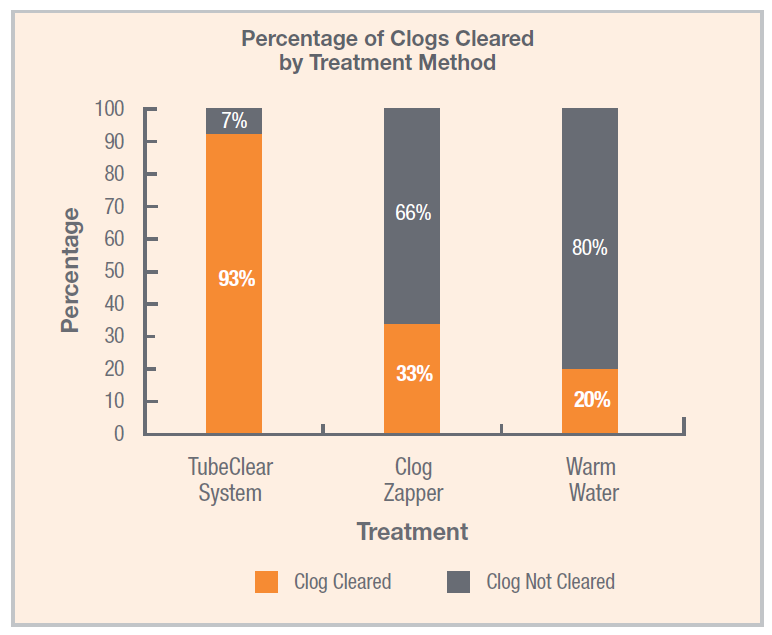

Recent Posts
- Effects of clogged feeding tubes on syringe force -a bench top analysis
- In-home evaluation of an actuated mechanical device for patency restoration of clogged gastrostomy-jejunostomy feeding tubes
- An Active Device for Restoring Patency in Clogged Small Bore Feeding and Decompression Tubes, Case Report Series
- Clinical Study of Mechanical Enteral Tube Declogging
- Actuated Mechanical Device for Restoring Patency in Clogged Small Bore Feeding Tubes, Clinical Case Report